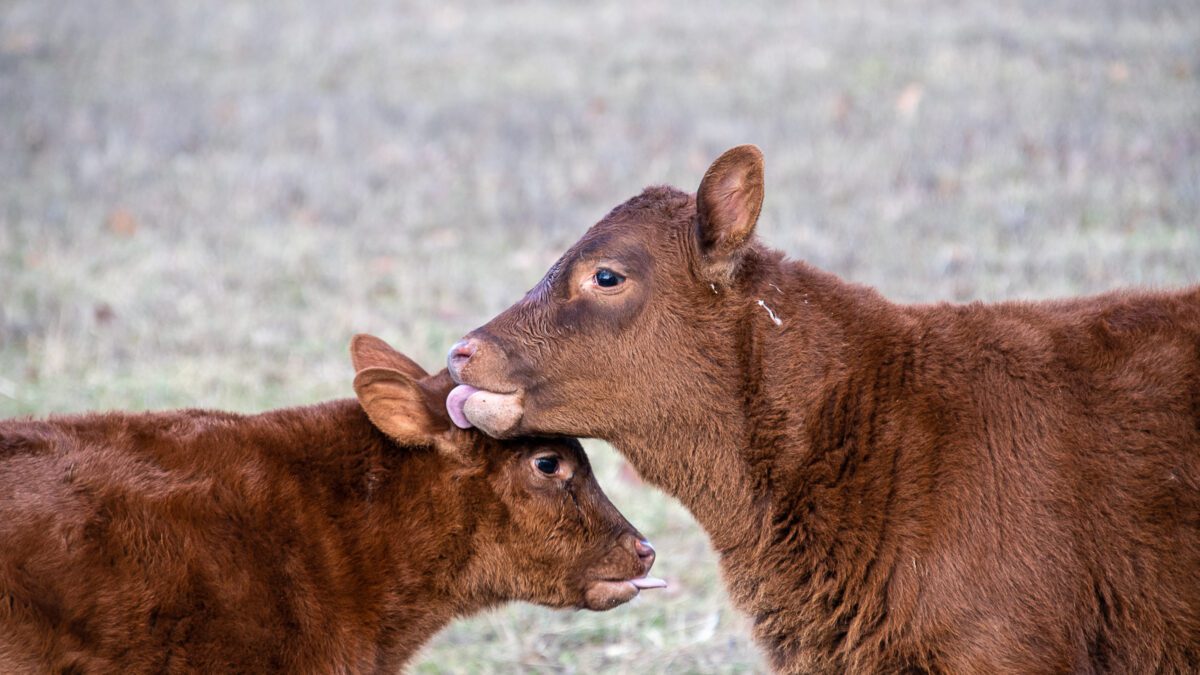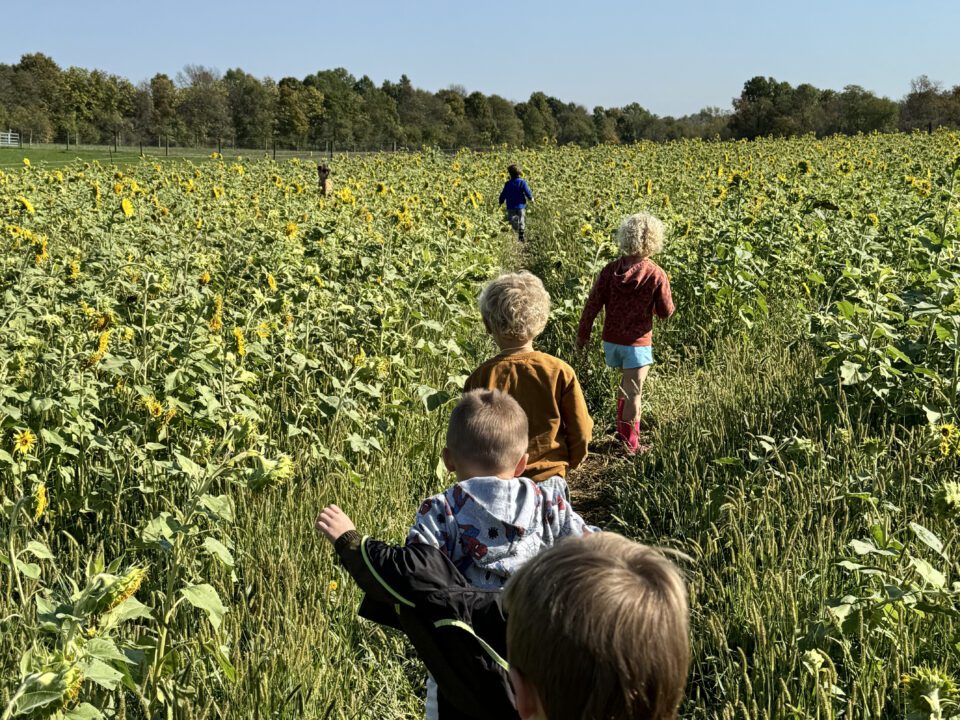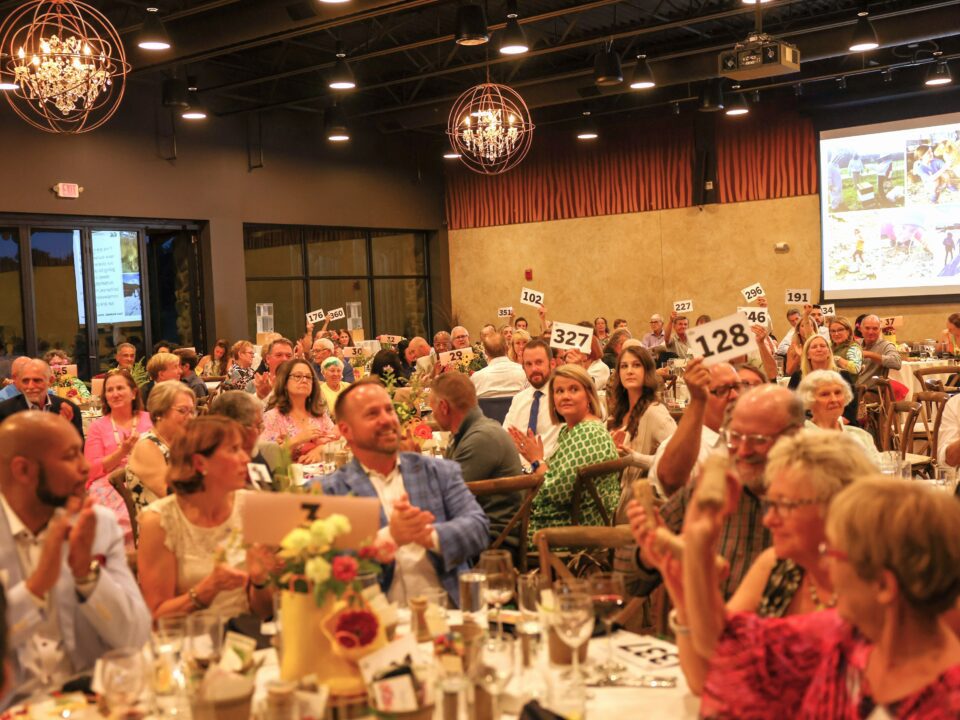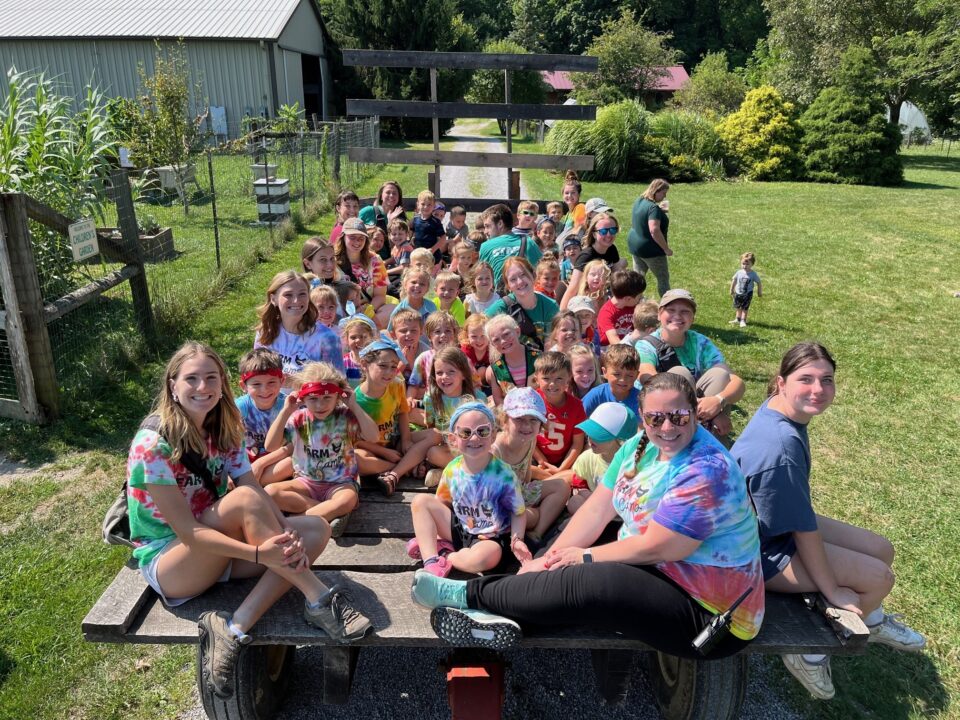
Stratford’s Barn Bursting with New-Born Animals
May 1, 2010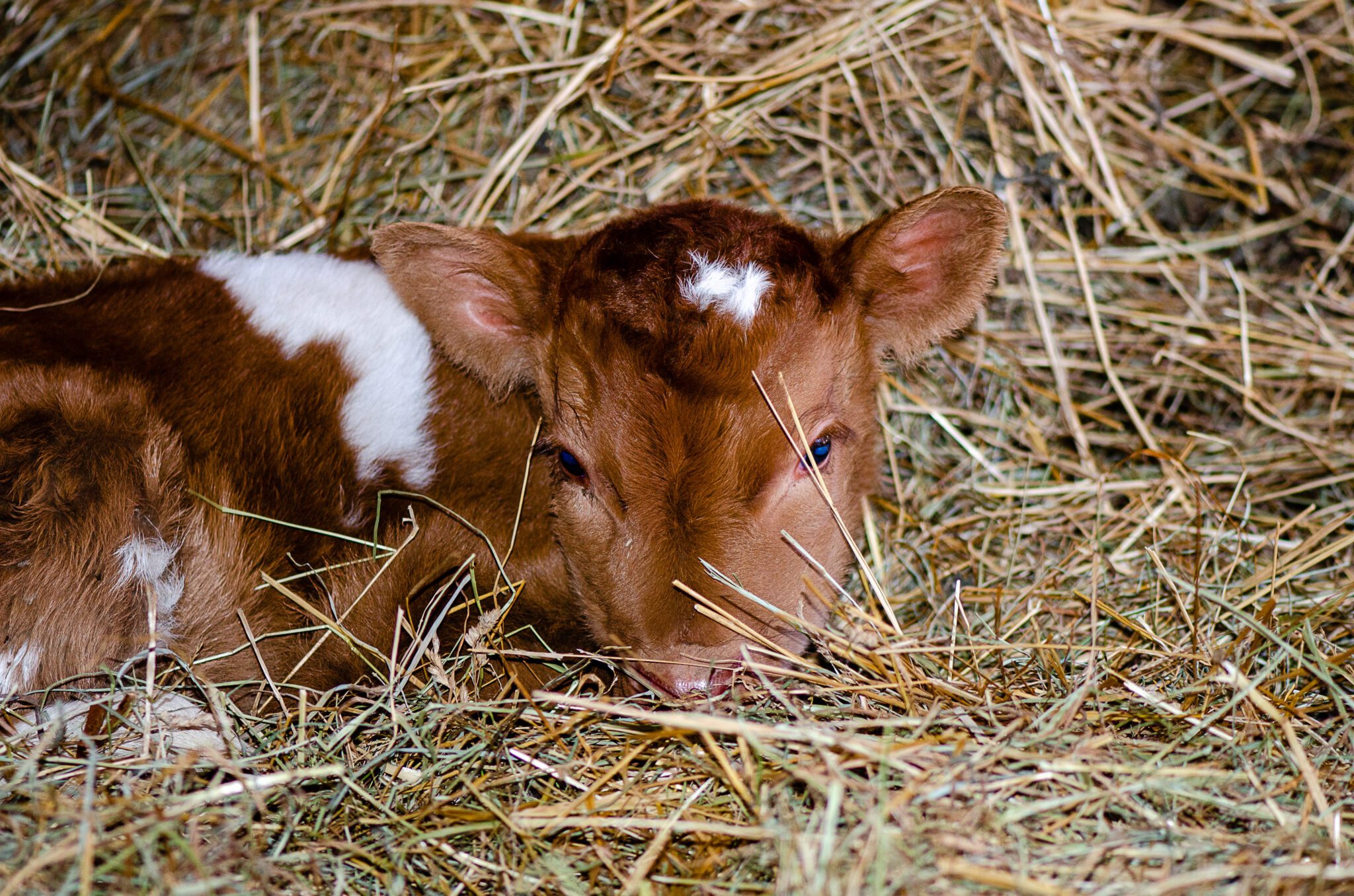
Hefty Bull Calf Increases Herd Size
July 3, 2010Published in The Delaware Gazette: June 5, 2010
The Spring flowers and dogwood blossoms leaning out to say Hi, as you approached Stratford Ecological Center, were a distant memory as we moved on to planting and haymaking this past month.
For our farmer, Jeff Dickinson, it is both a mental and physical challenge to organize the farm work around soil conditions, predicted weather and his other responsibilities as Director of a busy educational facility. If successful it is gratifying, and if not the opportunity to invent a better “mousetrap” will be here next year.
The haying team was certainly challenged as they waited all month for the rains to subside and the cut herbage to dry out. The field of thick‐stalked, broad‐leafed clover, beside the entrance lane, proved the worst headache. Despite sunshine, the air remained heavy with humidity and the ground held its moisture.
The moisture “wicked” into the bottom of the “windrows,” necessitating three turnings to expose and dry the damp side before baling. Even then the baler jammed badly and the men sweated profusely as they unclogged it and continued stacking bales on the wagon where they will remain until dry.
Volunteers fared better over Memorial Day weekend as they brought in the hay from the Rt. 23 field. Fortunately, fluffy orchard grass dries quickly and this characteristic helps dry out the finer‐leafed alfalfa. Eight trips, loaded seven bales high, resulted in seven hundred and fifty bales in the hayloft. In spite of the intense heat it was a satisfying start to the season.
The field of knee‐high, white‐flowering buckwheat reminds me of last winter’s snow cover, although it is much more pleasant to admire when dressed in shorts and a shirt. There is lots of activity as the insects, butterflies and bees love the nectar, making it one of the best crops for honey production.
The cattle will continue to graze in Field #6, opposite the pond, until we get a chance to plant corn. The field is some distance away from the main activities around the barn and they don’t appreciate the isolation from people or other animals. Whenever anyone walks the lane they approach the fence to socialize.
They had plenty of company one Saturday evening, when young families spent the evening around a campfire listening to stories, singing and playing games. We were delighted to share Stratford with many new visitors.
Evidently the cattle were not as satisfied last weekend. The farm family was pet sitting a dog and around midnight he alerted them to something strange on their front lawn. Cautiously, checking out the shadows, they discovered the outline of these wayward bovines, having broken out of their field to seek company. They were then herded into a fresh field of alfalfa, with an unplanned detour through the delicacies in the children’s garden
The barn is much cooler underneath the hayloft. By late morning the goats, sheep and llama have retreated into its depth after grazing in the fields. We have little shade in our newly fenced fields and hope to rectify this when life slows down. There are more than twenty new kids and an equal number of lambs. They think they are too big to be with their mothers, yet when separated for a time, both start calling for each other. We will wean them after the ewes and nannies start loosing weight and become lethargic
The hens are healthy. Two, who hatched last spring, were at the bottom of the pecking order and bullied, so we moved them in with the young hens. Another two newcomers moved in. Remember the six laying hens auctioned off last October and one turned out to be a crowing rooster? The newcomers were from the same group and had great difficulty in walking. The owner needed our help to diagnose their problem.
They looked good with bright red combs, but both were over weight. Farmer Jeff studied them and checked out symptoms of possible disease, as well as theorizing they were being plain lazy! He started a regime of no food in the henhouse, daily “physical therapy” on their legs and wings, and a toss into the air to encourage them to fly outside. Low and behold, after a week he no longer had to carry them back into the henhouse and after ten days they were just fine. Diagnosis – too much of the good life
Farm camps will be the order of the day for much of the summer. A Family Movie Night is scheduled for Saturday, June 12 at 9 pm. Bring a chair or blanket and pillow. A number of volunteer opportunities, including much needed construction projects with Chris Byerly, our Operations Manager, are available. Please contact our volunteer coordinator, Jane Walsh, at 740 363 2548, for more information.
Pauline Scott is a farm and nature guide at Stratford Ecological Center, 3083 Liberty Road, Delaware, Ohio 43015. Tel. 740 363‐2548. Email stratfordcenter@aol.com. Web site www.stratfordecologicalcenter.org


